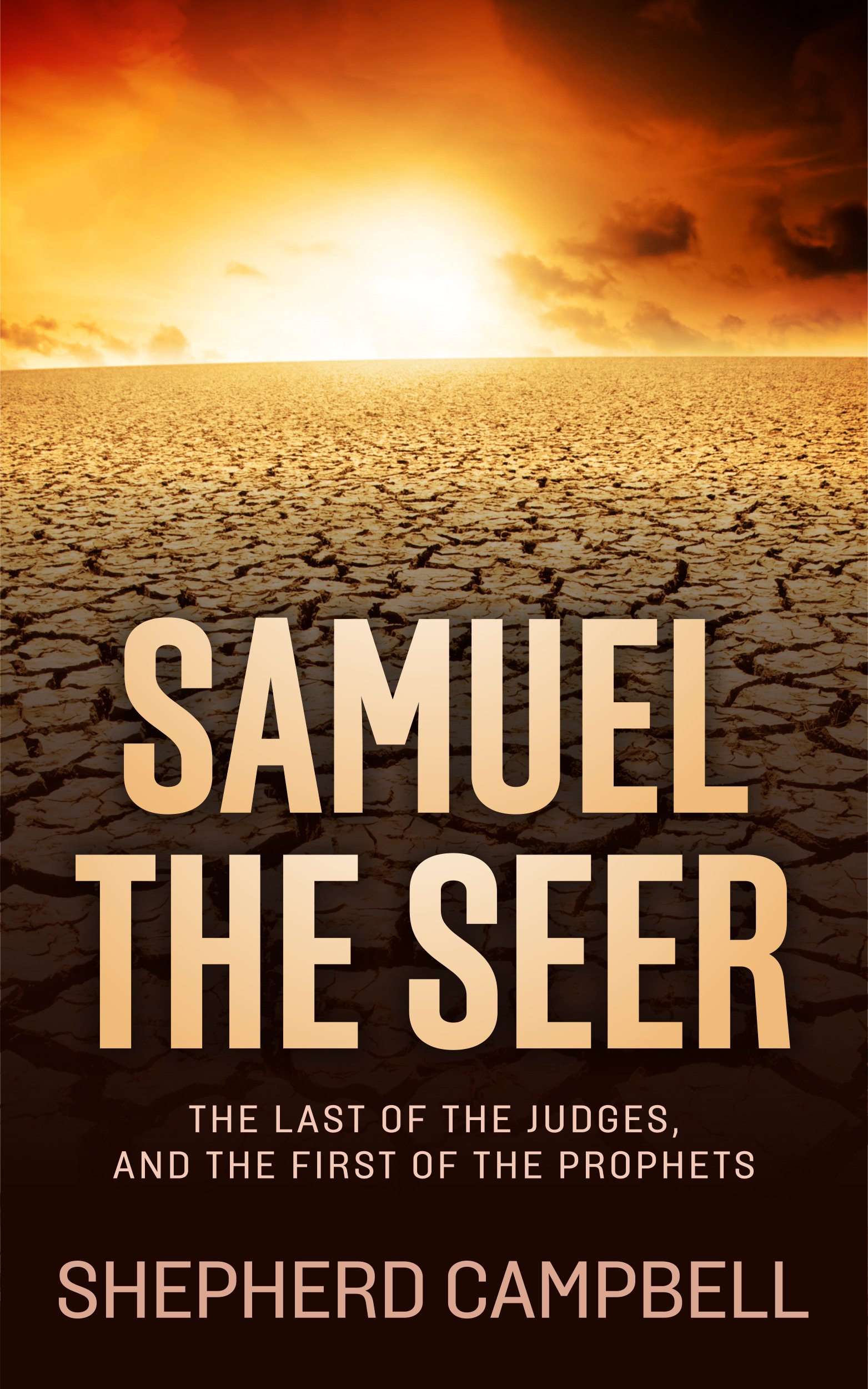VISIT OUR FACEBOOK PAGE!
Why the Garden of Eden Will Never Be Found
by Walter R. Mattfeld
(Millbury, MA)
The Garden of Eden cannot be found because it is a myth. Its river system is mythical too, hence the reason it cannot be found by following one of its rivers (the Pishon, Gihon, Tigris, and Euphrates).
Some Liberal PhD scholars embracing an anthropological point of view (that man has created his god in his own image) understand that the Garden of Eden is a recast of earlier Mesopotamian myths about the gods' and goddesses' city-gardens located in the Edin, in ancient Sumer (Modern Iraq).
According to these myths the gods built cities to live in. They had bodies of flesh and could die if killed. They could also starve to death, so they built city-gardens to provide food for themselves. These cities and their gardens were built in the floodplain of Lower Mesopotamia called by the Sumerians Edin. So the gods' gardens were _in_ Edin. They were watered via irrigation canals from two of Edin's rivers, the Tigris and Euphrates.
Eventually the gods tired of caring for their city-gardens. They created man to care for their gardens. Man built irrigation canals, planted food, harvested it, and presented the produce of Edin's gardens to the gods to eat in temples in the cities the gods built for themselves before man's creation.
The gods did not make man as an act of love to have someone to fellowship with, as taught by Judaism, Christianity and Islam. They made man to be their agricultural slave, to be ruthlessly exploited by them, for the work in Edin's gardens was back-breaking and grievous.
The gods will never expell man the slave from their gardens of Edin for to do so would mean that the gods would have to work the gardens themselves for their own food, a task they dreaded, hence the reason they made man to be their slave and do all the hard, dirty work on their behalf.
The gods also denied man god-hood or immortality. Why? Man was created to be an agricultural slave, to grow the food and feed it to the gods. In the Mesopotamian scheme of things the gods do not grow their own food and feed themselves, that is man's task or purpose in life. If man is allowed to become immortal and a god, then who will feed the gods and grow their food in Edin's gardens?
Thus the reason man is denied god-hood, the gods do not want to have to bear once again the grievous agricultural toil in the gardens of Edin.
So, Genesis' Garden of Eden myth is a recast and refutation of Mesopotamian myths explaining where and why man was created. The pre-biblical prototypes behind Genesis' Garden of Eden is the city-gardens of the Edin in ancient Sumer (every city had its god's or goddesses' garden to grow food for the deity to eat). Thus there is not _one_ prototype behind Genesis' Garden of Eden, there are many prototypes: every single city in ancient Sumer.
The myths have the god Enki?Ea of Eridu making the world's first city and man to care for his garden. So Eridu is the Sumerian prototype for the city-gardens of later cities in Sumer.
Man is in myths created at Eridu, Nippur and Babylon by the god Enki/Ea. He also denies man immortality,allows man to obtain godly-forbidden knowledge, turns man's one language into a babel of tongues, he warns one man of a flood to destroy all life and to build a boat to save the seed of man and animalkind for a post flood restoration of life.
He had a shrine at Ur of the Chaldees where lived Abraham. It is Enki/Ea of Eridu, worhsiped at Ur of the Chaldees, who lies "behind" Genesis' God Yahweh-Elohim, Moses' Ehyeh asher Ehyeh, whose name resembles in sound Aya or Ayya (the pronounciation of Ea).
Check out www.bibleorigins.net for more info.
Comments for Why the Garden of Eden Will Never Be Found
|
||
|
||
SAMUEL the SEER
Now Available in Print & eBook on Amazon!!
POPULAR TOPICS
Learn more about these popular topics below. The Bible is full of fascinating stories, characters and mysteries!
BIBLE MAPS
Explore the land of the Old Testament! View these maps of the Bible.

